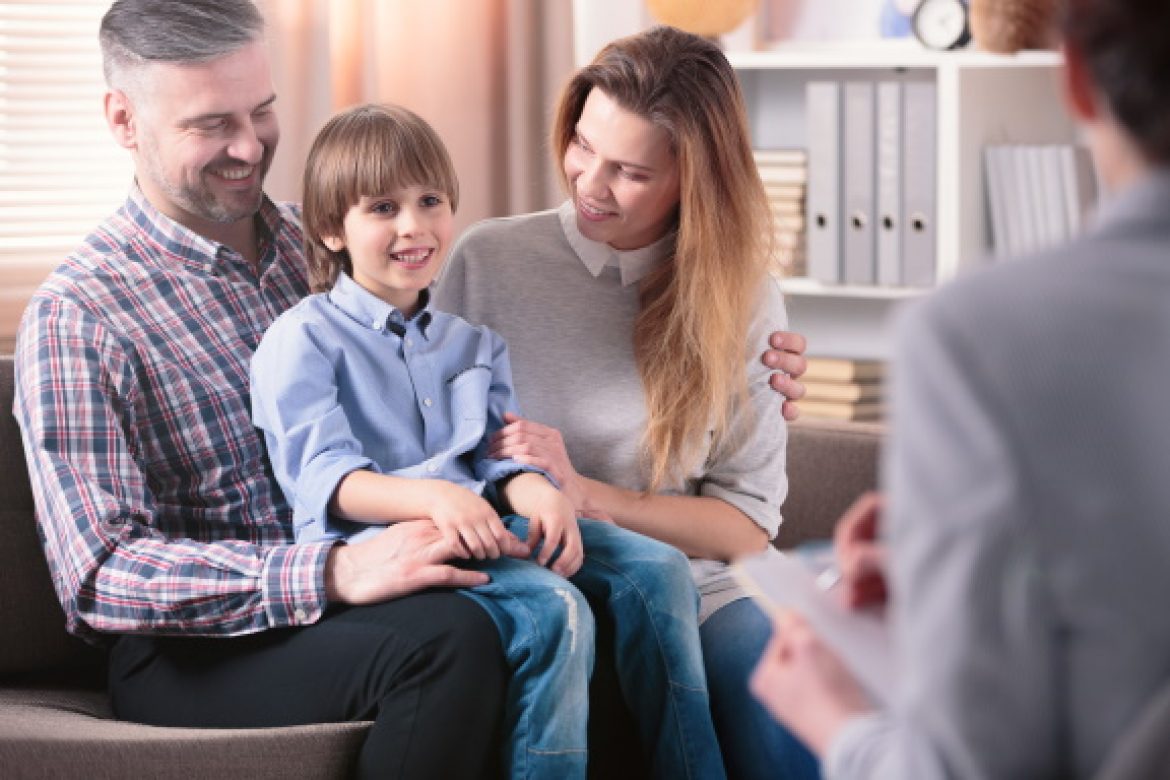
Child Therapy
Gentle and Insightful Psychological Support
For example, Cognitive Behavioural Therapy is helpful for children with anxiety and depression. However a skilled therapist will also look for other causes. It could be trauma, loss, underlying illness or an undiagnosed neurodevelopmental issue that could be underpinning their difficulties.

For example, it is not helpful to treat a child using CBT for anxiety when the cause is trauma, as this needs a different approach… or maybe the child’s behaviour is related to grief due to changes in family circumstances – thus an approach of Systemic Family Therapy or a grief and loss model would be most useful. Narrative Therapy is also commonly used with children as it draws on stories (in a playful way), to define and change a persons understanding of difficulties and how to overcome them.
For example, the narrative of “worries” could be externalised and turned into the “Mr Worry”. This enables a child to understand difficult ideas of emotional wellbeing by helping them think of Mr Worry as a person who comes into their mind. The child is then taught tools of emotional resilience to make My Worry smaller in their head (i.e. distraction, breathing regulation, gentle exposure).
Thus different methods can be used in therapy regarding the child’s age, their development and their problem. Other approaches use art, play, drawing or reading stories. The Therapist will also use board games to build rapport during the session.
A few examples of how therapy can help children include coping with everyday worries such as school stress, and relationship issues with friends, family members and teachers. Therapy can also help with managing bullies, loss, grief, depression and anxiety and managing learning difficulties.. to name a few.
Therapy for children often includes working closely with carers and thus systemic family intervention is an important approach. This is where conflict, concerns and difficulties within the family are addressed by involving different family members in the therapy, so the young person and their family can move towards a place of understanding, strength and resourcefulness.
Areas specifically treated include:
- Parenting strategies
- Bedtime or sleeping difficulties
- Nightmares, night terrors
- Difficulties with eating
- Anger & behavioural issues
- ADHD behavioural/ emotional support
- Encopresis/ enuresis concerns (soiling/ wetting)
- General anxiety or anxiety at separations
- Difficulties with siblings or new baby
- Panic, phobias, OCD, specific traumas
- Self harming behaviours, risky behaviours
- Attachment difficulties, struggles in relationships
- Navigating family separation, change, divorce
- Low mood, depression, sadness, grief, loss, low self esteem
- Problems with friends, school, relationships, social issues
- Bullying, abuse (sexual, emotional, physical)
- Assertiveness, skills in building relationships
- Concerns about developmental difficulties
- Systemic family approaches to improve family communication
- Post natal depression and birth trauma (adult therapy)
Our child therapists are trained to facilitate communication through play. This can include using sand trays, toy miniatures, drawing, board games and cards.
